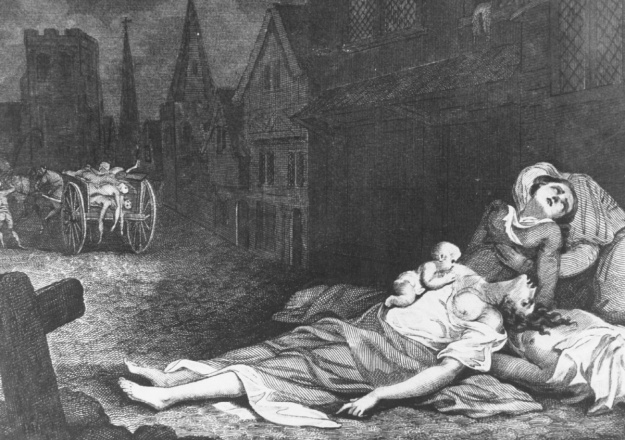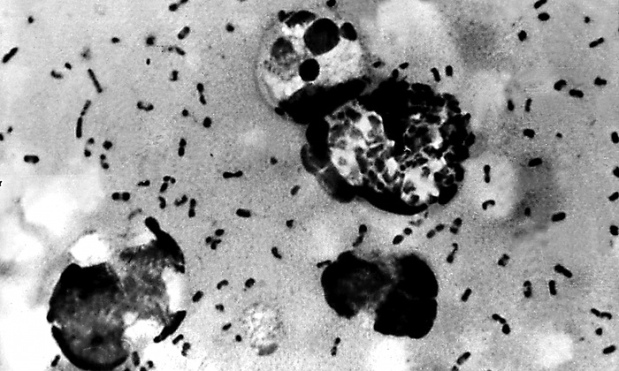There’s a running joke amongst my friends, which is that in a disaster, or crisis situation, I would sacrifice everyone else – men, women, children – in order to save myself. And, hypothetically at least, I guess that is true. As I wrote in my review of The Leopard, I am petrified of death, so much so that I regularly have panic attacks about the inevitability of my own passing; my will-to-survive is, therefore, incredibly strong and so, the theory goes, there’s little I wouldn’t do to spare my own neck. The truth, however, is that none of us know how we will react in tense, tough, or dangerous circumstances. While my often incapacitating fear of death would suggest cowardice, would, you would think, lead me to using a frail old woman as a human shield were I ever to be caught up in a shoot out, I know myself well enough to believe that it is just as likely that I would be the idiot jumping in front of the bullets in an effort to save others. This is not because I consider myself superior, or heroic, but because I cannot bear to witness suffering and feel, often against my better judgement, compelled to attempt to relieve it.
Before focussing specifically on The Plague, it is worth saying something about the nature of heroism, as I see it, because it plays an important part in Camus’ novel. In the situation described above, in which one finds oneself confronted by a gunman, would one say that heroism is possible? Well, it depends. Let us consider a famous example, the United Airlines flight 93, which had been hijacked and was going to be flown into a building. Were the passengers who sought to take down the hijackers heroes? Certainly the media and general public think so, or that is my impression anyway. Me? No, not at all. What exactly were their options? Don’t get me wrong, I’m not disparaging these people, but their choices were limited, and all of them were likely to end in death.
When determining heroism one must also ask the question ‘what is expected of us as human beings?’ If you saw someone drowning in a river, is it reasonable to expect you to jump in in order to save them? Perhaps not. I guess it would depend on the level of danger involved, whether you were a strong swimmer etc. What is certain is that you would be expected to call 999, and not pass on by. However, if we change the example slightly, and say that both of you are in the turbulent water already, only you can swim, and the other cannot; and let’s accept that saving the other involves some level of danger or sacrifice, because you are staying in the water longer than you have need to. What is expected of you now? I would suggest that you ought to make some attempt to help the other person out of the river, and, I believe, most people would.
“Our townsfolk were like everybody else, wrapped up in themselves; in other words, they were humanists: they disbelieved in pestilences. A pestilence isn’t a thing made to man’s measure; therefore we tell ourselves that pestilence is a mere bogy of the mind, a bad dream that will pass away. But it doesn’t always pass away and, from one bad dream to another, it is men who pass away, and the humanists first of all, because they have taken no precautions.”
In The Plague Camus describes a town – an ordinary town, where boredom predominates – that falls prey to an epidemic. The opening of the novel is quite exciting, with the author gradually turning the screw, with conditions getting progressively more serious. First of all, rats begin to turn up on the streets, in hotels, on staircases etc; these rats are dead or in the process of dying in unpleasant circumstances. Next, people start to fall ill, just one or two, and then they too begin to die. Soon enough, the numbers are rocketing, and the dire reality of the situation becomes clear. It is necessary when writing something like this, which for ease we’ll call speculative fiction, that you are able to convince your readers that what you are describing is plausible, that it could happen, that it is happening, and Camus pulls that off admirably.
[Nineteenth Century engraving of the dead and dying in London during the Great Plague]
So, where does heroism come into this? Well, the author believes that it is necessary to confront the plague, to accept, first of all, that it is a fact. It is a form of weakness or cowardice to behave otherwise. To return to my previous examples, to not accept the plane is being hijacked, to sit in your seat and pretend nothing untoward is happening, would be wrong; likewise, to walk on by and not acknowledge the drowning person is also wrong. In the early stages of The Plague, various doctors are reticent to call the disease its proper name, and, in one of the book’s absurd comic moments, will only go so far as to agree to undertake action consistent with a plague epidemic, so as to be able to do something, while continuing to avoid acknowledging that it actually is the plague. For Camus, when faced with disaster, ‘one must fight and not go down on one’s knees.’ There is nothing heroic about this. In terms of his book, fighting the plague is simply ‘a logical consequence’ of their being a plague epidemic; it is, then, a kind of equation, like 2+2=4.
For most commentators and reviewers, and perhaps for the author himself, The Plague is an allegory, whereby the disease is a stand-in for fascism. I’ve written before about my dissatisfaction with allegory or certain types of satire. I consider allegorical novels to be, generally speaking, woefully unsophisticated and irritatingly unsubtle. In my experience, the ultimate message tends to be a simple ‘X is bad,’ with X being war or tyranny or whatever, and I’m afraid, while I don’t necessarily disagree with these glib statements, I want something more nuanced and thoughtful from literature. They also strike me as a kind of intellectual, creative cowardice, by which I mean that one is skirting around the important issue, hinting at it, sometimes mocking it, without ever naming it. This is personal preference of course, but I would like to meet things head on, rather than poke at them from a distance.
In any case, is there anything to be said for The Plague as allegory, as dealing with the rise of fascism? No, not really. A plague epidemic is too specific, and so there aren’t enough meaningful parallels between the two situations. To call fascism a plague is a nice soundbite, but that’s it, that’s as far as one can take it. However, I don’t think that the book’s failure as allegory is a bad thing. If you take the book on face value, and forget about sub-text, it works just fine.
[Bubonic plague bacteria]
You may have noticed that I have so far not mentioned any of the novel’s characters. Usually I will devote a significant part of each review to the motivations and psychology and personalities of the major players, but I do not feel compelled to do that here. The reason for that is that the major players in The Plague are one-dimensional cardboard cut-outs; they have motivations, sure, but personalities? Nope. Rieux is a doctor, and slightly fatigued, existentially speaking, and, er, that’s all really; Tarrou is the hero in a novel that isn’t even sure that heroism exists; and so on. Cards on the table, The Plague is incredibly dry; aside from an intriguing and fairly exciting opening, it doesn’t ever get your pulse racing or your emotions engaged. In fact, reading it reminded me of the points in Tolstoy’s novels when he would break from his narrative and hit you with short, idealistic, and slightly smug, essays. However, unlike Tolstoy, Camus forgot about the human element, he forgot to create characters you can give a shit about. Therefore, The Plague is worthy, sometimes interesting [especially in what it has to say about a town under duress], but is, for the most part, frustratingly uninvolving.


